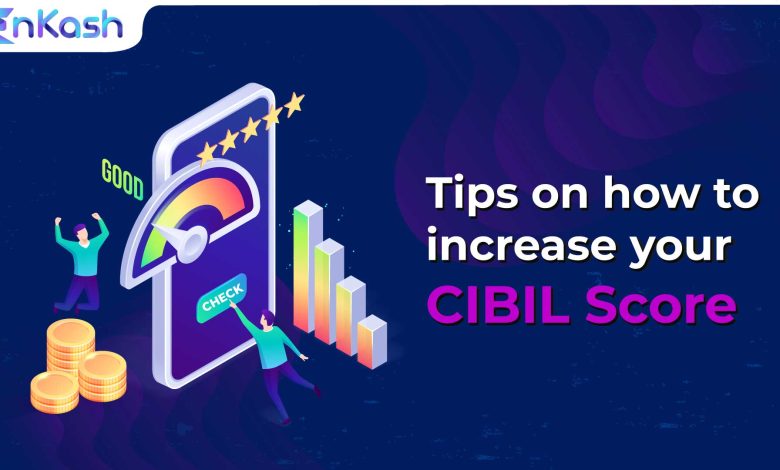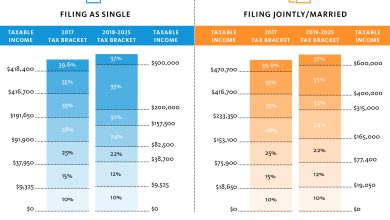How to Improve Your CIBIL Score by Using a Credit Card?

A good CIBIL score is essential for securing loans and credit cards. The score signifies your creditworthiness based on your past borrowing and repayment history. While a high CIBIL score increases your chances of loan approval, a low score can lead to rejection. The good news is that you can take steps to increase your CIBIL score using a credit card.
What is a good credit score?
| Credit score range | Description |
| 800 and above | Excellent |
| 740 to 799 | Very Good |
| 670 to 739 | Good |
| 580 to 669 | Fair |
| 300 to 579 | Poor |
Tips to improve your CIBIL score
Here are some tips to improve your CIBIL score using a credit card:
Get a credit card
If you don’t have a credit card already, apply for one. Having a credit card and using it responsibly helps improve your credit score. When you use a credit card and make timely repayments, it demonstrates that you are a responsible borrower. In addition to this, a good credit card also provides various other benefits.
For instance, the IndusInd Bank Platinum RuPay Credit Card enables you to make UPI payments directly from the card. You can earn 2 reward points per ₹100 spent when transacting via UPI on this card. Given the UPI payment feature and attractive rewards, the IndusInd Bank Platinum RuPay Credit Card is a beneficial option to consider. The best part is that you can apply for the card through a 100% digital process in just a few steps.
Choose your first card carefully
When applying for your first credit card, opt for one that is easy to get approval for based on your income and eligibility criteria. Avoid cards with high annual fees or joining costs. A secured credit card against a fixed deposit is a good option for individuals with no prior credit history. This could also improve yourcredit card CIBIL score.
Keep the credit utilisation low
Don’t max out your credit card limit. Experts recommend keeping utilisation under 30%. This means if your limit is ₹1 lakh, restrict monthly spending to ₹30,000. High utilisation signals credit risk and lowers your CIBIL score.
Pay the full bill each month
Make it a habit to pay your credit card bill in full before the due date every month. This showcases that you are capable of managing your credit well. Even if you can’t pay the full amount, always pay the minimum due on time to avoid late fees.
Avoid cash advances
Cash withdrawals using your credit card are costly as they come with high fees and charge high interest from the day of withdrawal. This can increase your credit utilisation and outstanding dues significantly. Avoid cash advances unless there is an absolute emergency.
Set up auto pay
Set up automated reminders to pay your credit card bill well before the due date every month. You can also opt for auto debit of the minimum amount due so that you never miss a payment even by mistake. This prevents your CIBIL score from taking a hit due to payment delays or defaults.
Check your credit report
Keep monitoring your credit report periodically to ensure there are no errors or discrepancies. Mistakes in personal or credit information can lower your score. Get errors rectified by raising disputes so that your profile accurately reflects your credit behaviour.
Upgrade to better cards
As you build your score over time, you become eligible for cards with better rewards, deals, and credit limits. Upgrading to a new card periodically as your score improves shows lenders that you are now creditworthy for premium cards.
Avoid multiple applications
Every credit card application triggers a hard inquiry on your CIBIL report. Too many inquiries within a short span signify credit hunger and can negatively impact your score. Hence, limit yourself to only one to two applications per year spaced out over months.
To sum up
The key is to use your credit card judiciously, limit overspending, and make timely repayments without fail. Building credit takes time but being a responsible borrower will see your CIBIL score improve steadily over months.




